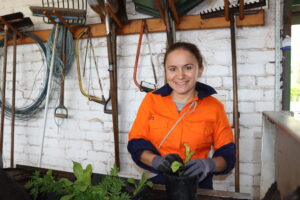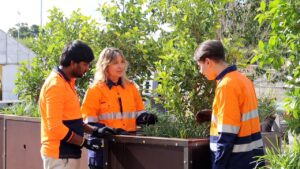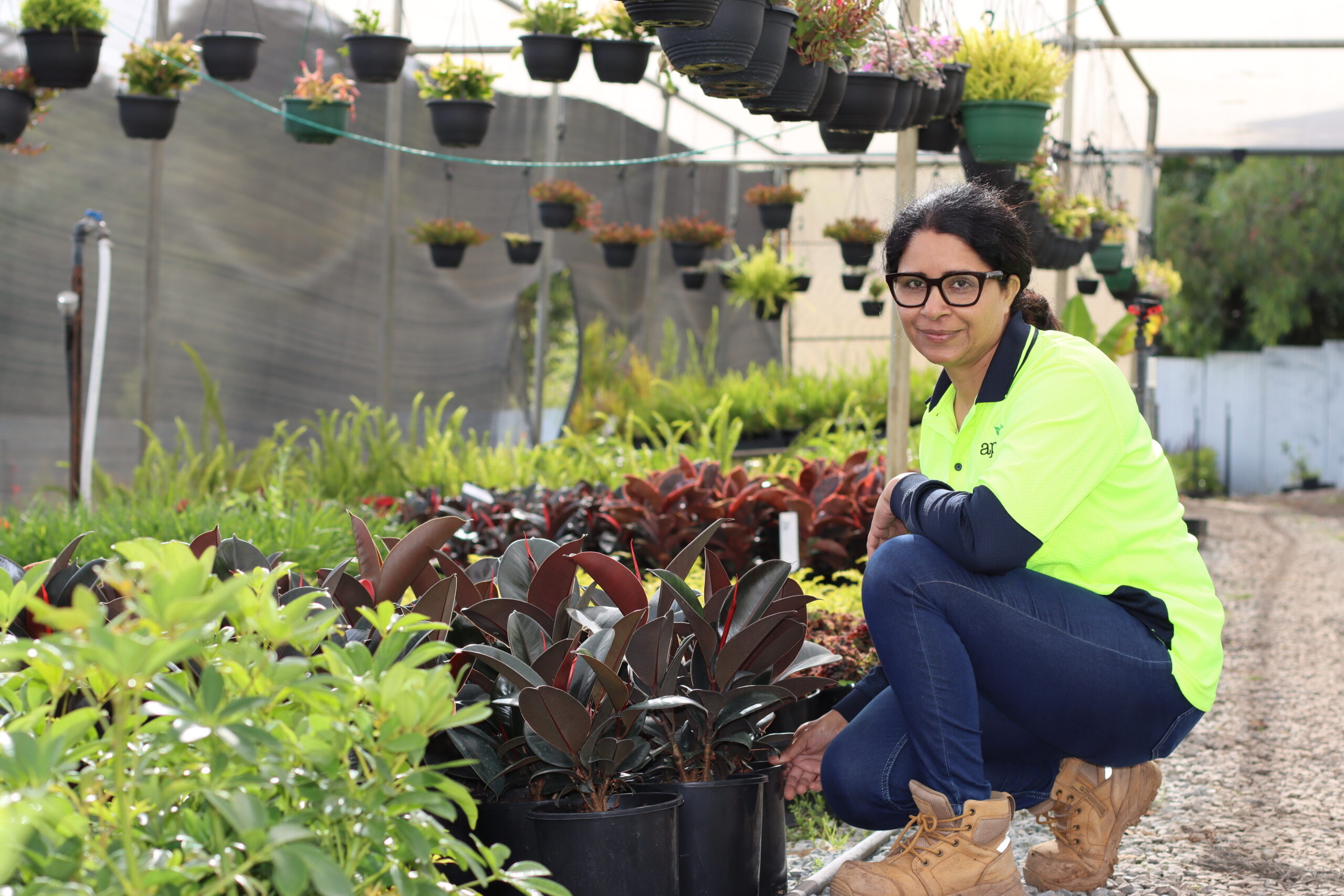Preparing the future workforce
How important is it to have the right people on your team? You know, the people who not only know how to do their job but want to be part of the team and help you grow your business?
Greenlife Industry Australia (GIA) has developed an awareness program for career options within the horticulture industry. Often the diversity available is overlooked as a career option by schools. The “Smart People Grow Plants” campaign is an integrated program designed to promote the greenlife and nursery industry as an essential career of choice, to attract, train and retain those working in the greenlife industry, to inform student career decisions and “plant the seed” of the importance of greenlife and horticulture in the minds of future generations. The careers hub and “Smart People Grow Plants” careers guide, outlines the benefits of working in the horticulture industry, understanding the different job roles available, and how to get started.

The need for trained staff has been identified by GIA, with only 15% of the workforce below the age of 39 years, and qualified horticulturists estimated to represent 17% of the greenlife production workforce. Recognised by the Australian Federal Government, partnering with the various States and Territories through the JobTrainer Fund, job seekers and young people, including school leavers, can now take advantage of subsidised training to learn skills for jobs in demand, including in the horticulture industry.

JobTrainer funding is available for full qualifications and short courses, based on a list agreed between the National Skills Commission and the state and territory governments. State and territory governments are responsible for determining which qualifications and short courses to prioritise from the agreed list. For the horticulture industry, most States have included the Certificate III in Horticulture on their lists but you can access the full list of what courses are included by which state at https://www.myskills.gov.au/jobtrainer. The subsidy available for each course will also vary on the agreement each state has made.
“The inclusion of horticulture on the subsidised training list has made entry into this industry much easier,” says Navtej Bal, the CEO of Ironwood Institute, a specialist horticulture and agribusiness educator based in Adelaide, South Australia. “Not only have we seen a substantial increase in young students in the Certificate III in horticulture classes, there has been a new cohort of older students looking for a career change. These students add a great balance as they bring a wealth of prior experience and knowledge of the workplace which they share with their classmates.

“We have also begun to see students on traineeships due to the availability of incentives available to employers. These incentives can cover a significant amount of the cost of employing staff. Our students on traineeships have a personalised training plan which takes into account the seasonal nature of our industry, allowing them to be available to their employer in the busy season and undertaking block training when it is quiet”.
While apprenticeships have long been used by certain sections of the industry, namely parks and gardens and local councils, it is relatively new for the production nursery and food sections of the industry.
Greenlife industry case studies are located here: https://www.greenlifeindustry.com.au/greenlife-careers-hub/for-students-and-parents

